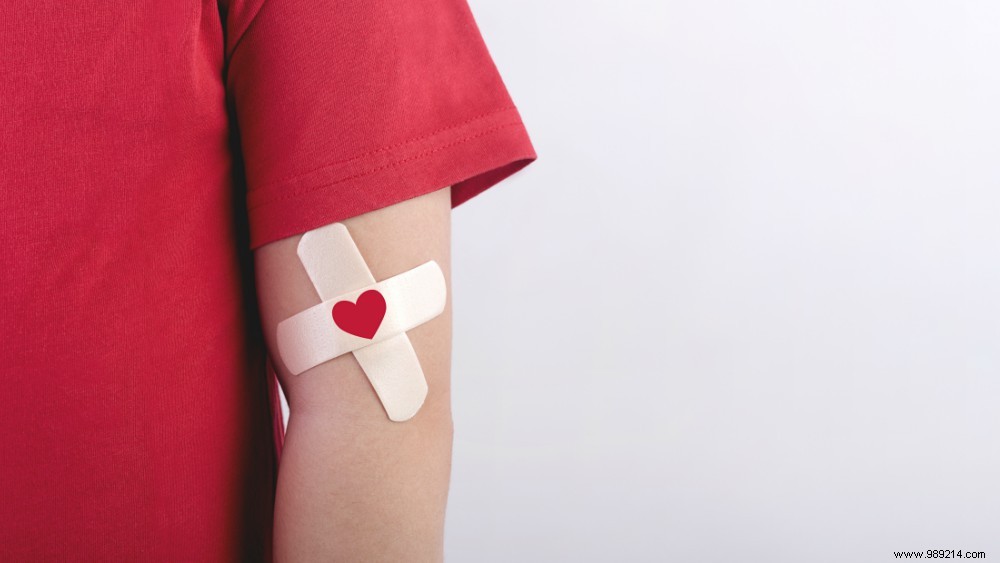
Did you know that many people feel uneasy around blood, with about 4% experiencing a full-blown phobia? It's time to shift that view: blood performs essential functions that keep your body thriving.
Here's what blood does for you:
About 4.5 liters of blood flows through a woman's body, circulating through your veins roughly 60 times per hour. It delivers oxygen and nutrients to your organs, removes waste, and sustains your brain for thinking and movement. "Without blood, there is no life—and certainly no healthy life," explains Belgian professor Marc Boogaerts, a leading expert in hematology and stem cell research. "Without blood, your brain becomes lifeless fatty tissue. Your heart turns into a depleted pump. Your kidneys dry up like useless filters. And without blood, your senses fail—no vision, no perception."
Read also: 'A lot of blood facts in a row'
Blood acts as a mirror to your body's inner workings, reaching every corner. "It picks up critical signals from anywhere that indicate problems," says Boogaerts, author of the recent book Blood: A History. "An infection on your big toe? Blood detects it and produces antibodies. Many cancers even shed DNA into the bloodstream, enabling earlier detection. A small blood sample reveals a wealth of information."
This begins early with the newborn heel prick test, screening for viruses or abnormalities. Blood's accessibility is key—a biopsy of heart or bone is invasive, but drawing blood is routine. "One drop suffices for comprehensive analysis," notes Boogaerts, a lifelong blood researcher. "It can reveal platelet shortages, excess white cells, or plasma issues. Blood's role in science remains pivotal."
How does blood achieve all this? "Thanks to its sophisticated composition," says Bas Wouters, internist-hematologist at Erasmus MC. Blood is a fluid tissue: 55% plasma (93% water, 7% salts and proteins), which transports substances, aids clotting, and maintains bodily balance. "In motion, cells float in plasma," Wouters explains. "If stagnant, it separates—plasma on top, cells below."
Read also: 'This is how a blood transfusion works'
Blood cells originate from bone marrow stem cells in ribs, vertebrae, sternum, and pelvis. Your body produces 350 million per minute: red blood cells, white blood cells, and platelets. "Red blood cells dominate, acting as oxygen trucks from lungs to tissues while carrying away carbon dioxide," says Wouters. "Hemoglobin, their iron-rich protein, binds oxygen and colors them red. Too few lead to anemia; none means no oxygen—and no life."
Understanding blood underscores its importance. Low red cells cause pallor and fatigue; few white cells weaken immunity, inviting infections; insufficient platelets impair clotting, leading to bleeding. While not everything is controllable, you can support healthy blood.
"Physical activity boosts red blood cell production," says Ruud Delwel, molecular biologist and hematology professor at Erasmus MC. "This enhances oxygen delivery to muscles, improves circulation, and leaves you feeling more energetic and fit."
Read also: "Donate blood? You need to know this"
Diet matters too: prioritize vegetables, limit salt, saturated fats, and alcohol. "Nutrient shortfalls—like folic acid, B12, or iron—disrupt blood cell production," Delwel notes. "A balanced diet helps, though aging naturally affects blood quality—a process beyond full control."
By Fleur Baxmeier | Images: Getty Images, Shutterstock